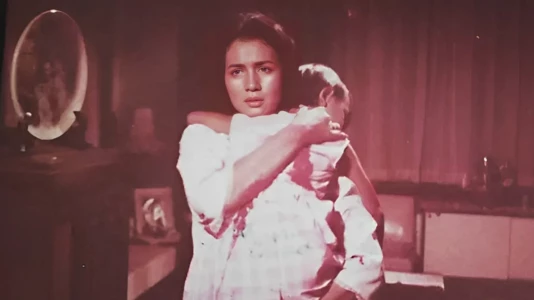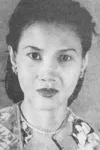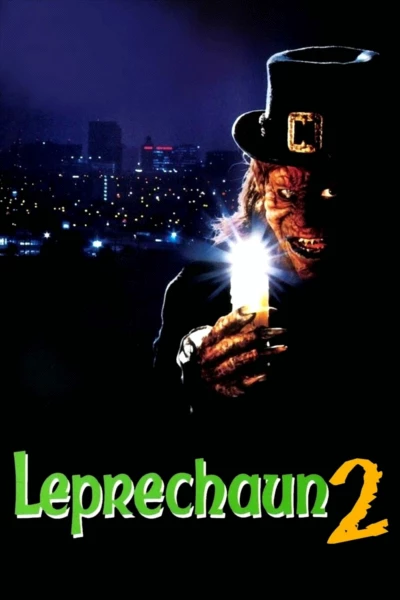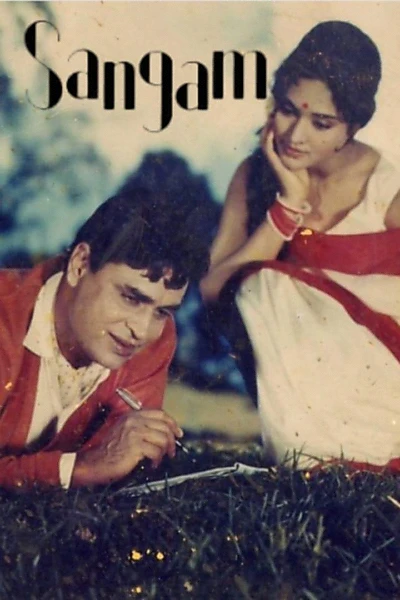Treachery of G30S/PKI (1984)
November 1, 1984Release Date
Treachery of G30S/PKI (1984)
November 1, 1984Release Date


Plot.
Where to Watch.
Cast & Crew.

Umar Kayam
President Soekarno

Bram Adrianto
Kol. Untung Syamsuri (Colonel Untung)

Amoroso Katamsi
Mayjen Soeharto (Mayor Jenderal Soeharto)

Syu'bah Asa
DN. Aidit

Ade Irawan
Johanna Sunarti

Umar Kayam
Sukarno

Dani Marsuni

Didi Sadikin
Sarwo Edhie Wibowo

Charlie Sahetapy
Doel Arief

Kies Slamet
Mustafa Sjarief Soepardjo

Sofia W.D.

Henneke Adinda Tumbuan
Ade Irma Suryani Nasution

Pramana Padmodarmaya
Ahmad Yani

Arifin C. Noer
Screenplay / Director

G. Dwipayana
Production Manager

Embi C. Noer
Original Music Composer

Hasan Basri
Cinematographer

Nugroho Notosusanto
Story / Book

Supandi
Editor

Hasan Basri Jafar
Director of Photography

Ismail Saleh
Book
Media.


Details.
Release DateNovember 1, 1984
Original NamePengkhianatan G30S/PKI
StatusReleased
Running Time4h 31m
Budget$49,000
Filming LocationsIndonesia
Genres
Last updated:
This Movie Is About.
Wiki.
Pengkhianatan G30S/PKI ([pəŋxiaˈnatan ˈɡe ˈtiɡa ˈpulʊh ˈɛs ˈpe ˈka ˈi]; Indonesian for Treachery of G30S/PKI) is a 1984 Indonesian docudrama co-written and directed by Arifin C. Noer, produced by G. Dwipayana, and starring Amoroso Katamsi, Umar Kayam, and Syubah Asa. Produced over a period of two years with a budget of Rp. 800 million, the film was sponsored by Suharto's New Order government. It was based on an official history of the 30 September Movement (Gerakan 30 September, or G30S) coup in 1965 written by Nugroho Notosusanto and Ismail Saleh, which depicted the coup as being orchestrated by the Communist Party of Indonesia (Partai Komunis Indonesia, or PKI).
The film depicts the period leading up to the coup and several days after it. In a time of economic turmoil, six generals are kidnapped and killed by the PKI and Air Force, purportedly to pre-empt a coup against President Sukarno. General Suharto destroys the coup and, afterwards urges the Indonesian populace to commemorate those killed and fight against all forms of communism. The film shows the G30S leadership as ruthless and planning "every move to the last detail", taking joy in using excessive violence and torturing the generals, depictions which have been read as portraying "the state's enemies as outside the realm of the human".
The first commercially released domestic feature film to deal with the events of 1965, Pengkhianatan G30S/PKI was a commercial and critical success. It was nominated for seven awards at the 1984 Indonesian Film Festival, winning one, and reached record viewership numbers – although in many cases audiences were required to see the film. The film was used as a propaganda vehicle by the New Order government until its collapse; televised annually on 30 September and became mandatory viewing for students. Since the fall of Suharto in 1998, such use of the film has become less common. Although the film's artistic aspects remain well-received, its misrepresentation of history has been criticised.
You May Also Like.

Rambo III (1988)

Stitch! The Movie (2003)

Barbie in the Nutcracker (2001)

101 Dalmatians II: Patch's London Adventure (2003)

Halloween 4: The Return of Michael Myers (1988)

Return of the Living Dead III (1993)

Leprechaun 2 (1994)

Scooby-Doo! Return to Zombie Island (2019)

Small Fry (2011)

Return of the Living Dead Part II (1988)

The Wizards Return: Alex vs. Alex (2013)

The Land Before Time IX: Journey to Big Water (2002)

Scooby-Doo! Adventures: The Mystery Map (2013)

Darkman II: The Return of Durant (1995)

Kirikou and the Wild Beasts (2005)

George and A.J. (2009)

Wizards of Waverly Place: Wizard School (2008)

The Palm Beach Story (1942)

Sangam (1964)


